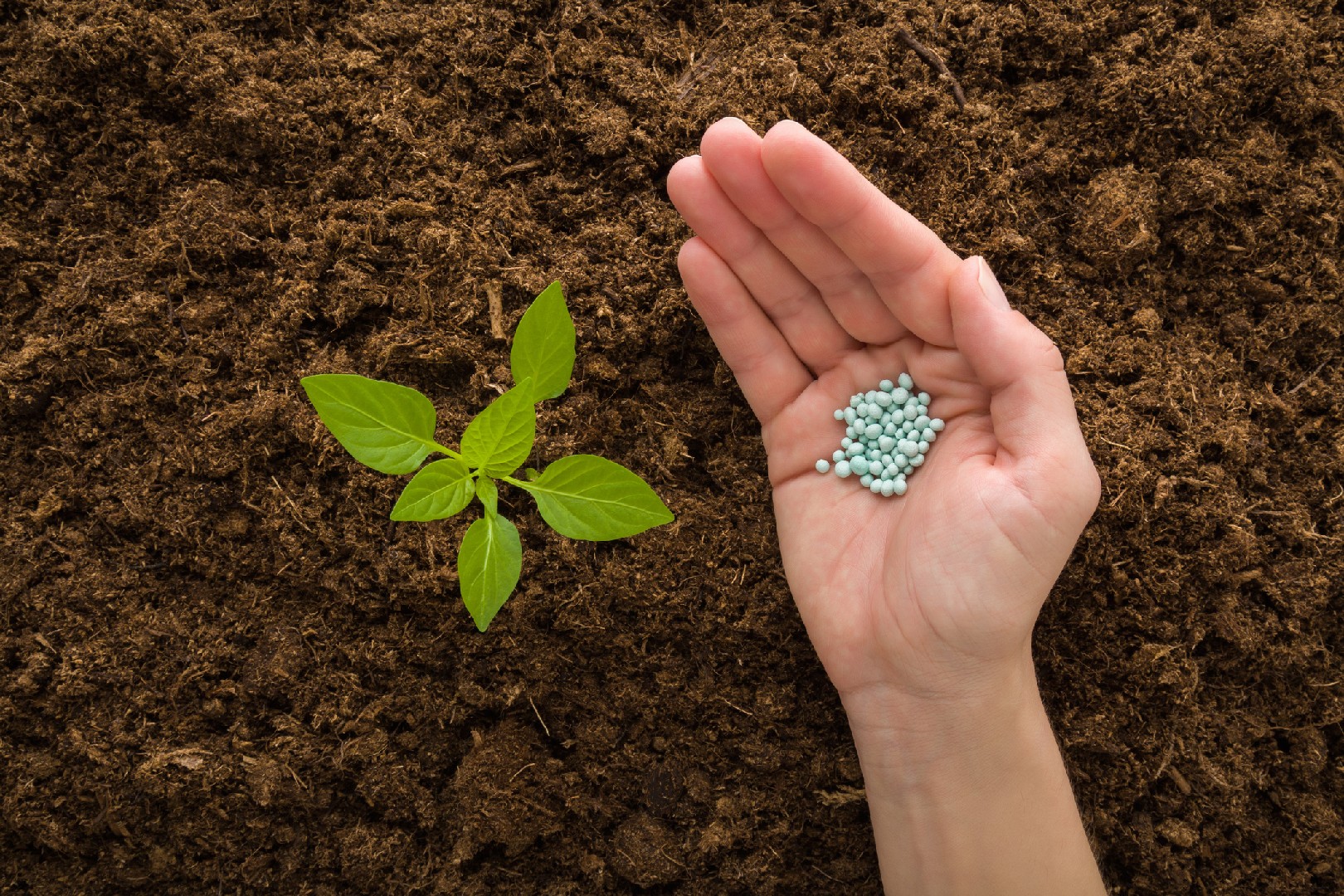![Rectangle]()
Unlocking the Soil's Potential with Organic Fertilizers
In today's world of industrialized agriculture, it's easy to overlook the incredible power of nature and the role it plays in maintaining healthy soil. By exploring various organic fertilizers, such as compost, manure, and bone meal, we can unlock the true potential of our soil and promote the growth of healthy, vibrant plants. This article will guide you through the process of creating and implementing these fertilizers in your garden, as well as help you understand how these fertilizers contribute to soil health.
One of the most commonly used organic fertilizers is compost. Compost is created by combining organic materials, such as kitchen scraps, yard waste, and even animal manure, and allowing them to decompose over time. This natural process breaks down the organic matter into a rich, nutrient-dense soil amendment. To create your own compost, start by choosing a location for your compost bin or pile. It should be in a well-drained area that receives adequate sunlight. Next, collect organic materials from your kitchen and garden, such as fruit and vegetable scraps, coffee grounds, and grass clippings. Avoid adding meat, dairy, or oily foods, as these can attract pests. Layer the materials in your compost bin, alternating between wet and dry materials to ensure proper moisture levels. Turn the pile regularly to encourage decomposition, and within a few months, you'll have rich, dark compost to feed your soil.
Manure is another valuable organic fertilizer that can greatly improve soil health. It's important to note that not all manures are created equal, and certain types may require composting before use. Horse and cow manure are generally safe to use when fresh, as they have a lower risk of harboring harmful bacteria. However, chicken and pig manure should be composted before using, as they can contain higher levels of bacteria and pathogens. When applying manure to your garden, it's best to mix it into the soil a few weeks before planting or use it as a top dressing around established plants. This will provide a slow release of nutrients over time, ensuring healthy plant growth.
Bone meal, made from finely ground animal bones, is another excellent organic fertilizer for promoting strong root development. Rich in phosphorus and calcium, bone meal is particularly beneficial for flowering plants, vegetables, and fruit trees. To use bone meal in your garden, simply sprinkle it around the base of your plants and gently work it into the soil. This will help establish a strong root system and enhance overall plant growth.
By incorporating these organic fertilizers into your gardening routine, you can make a positive impact on the health of your soil and enhance the growth of your plants. Not only are these methods environmentally friendly, but they also provide practical value by reducing the need for synthetic fertilizers and pesticides. So go ahead, unlock the potential of your soil and discover nature's bounty with organic fertilization techniques."





